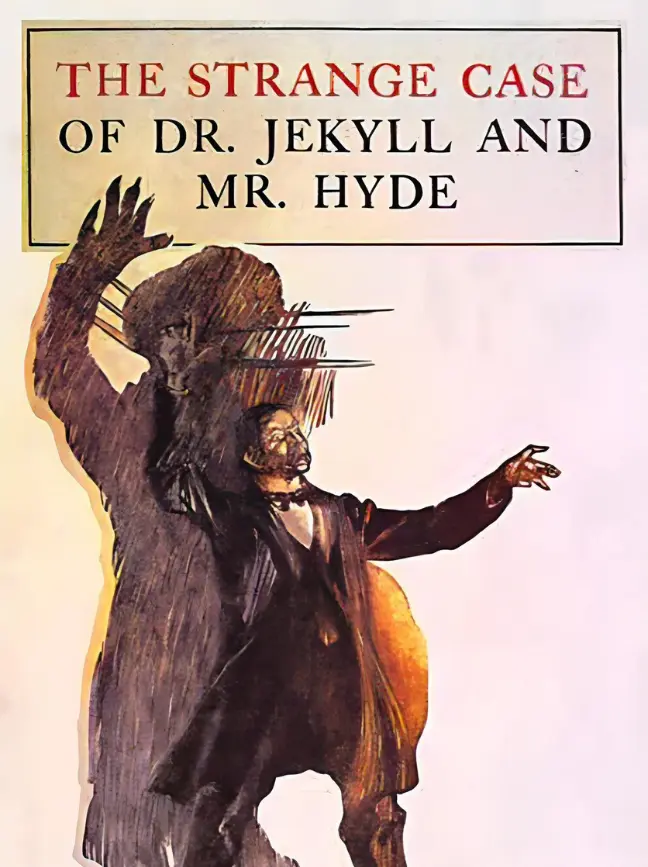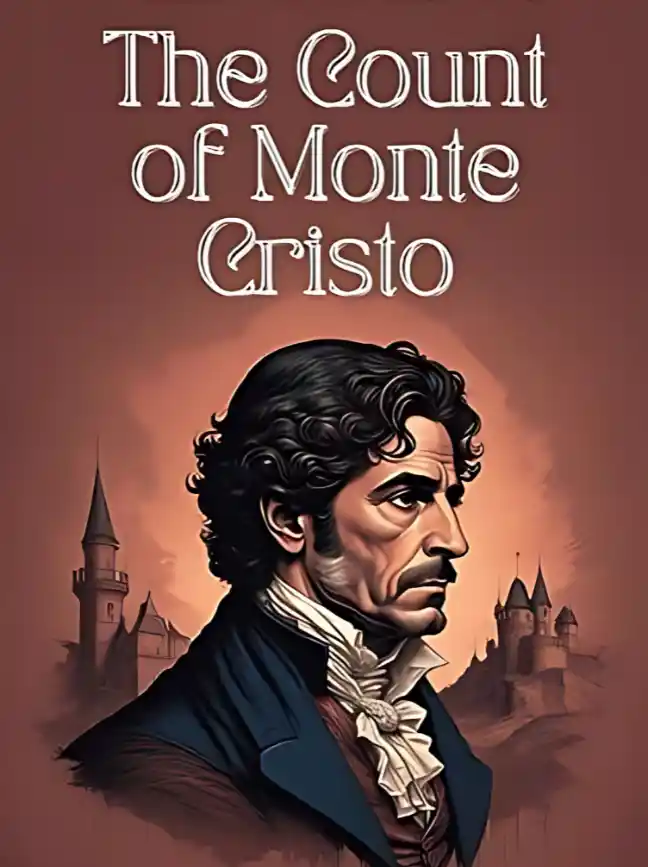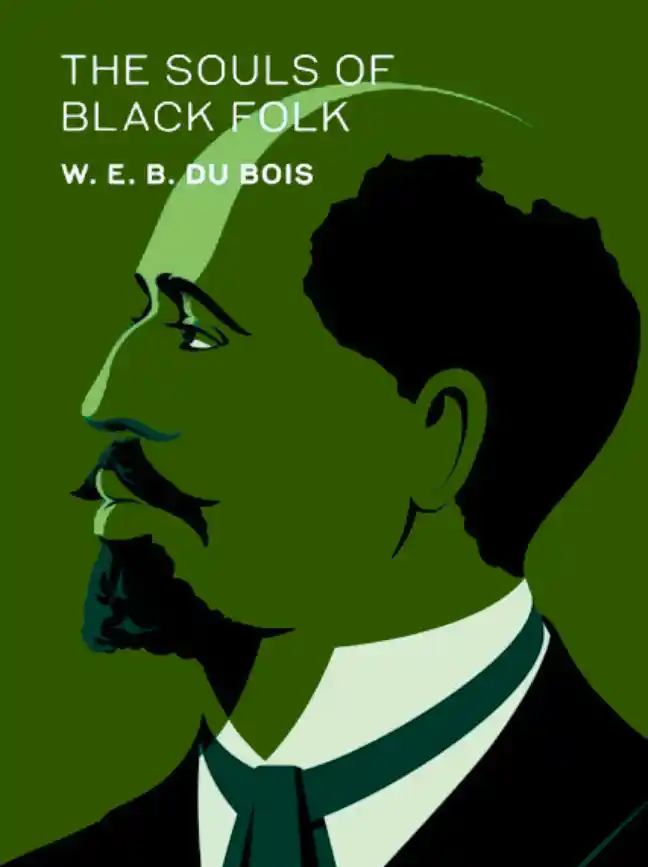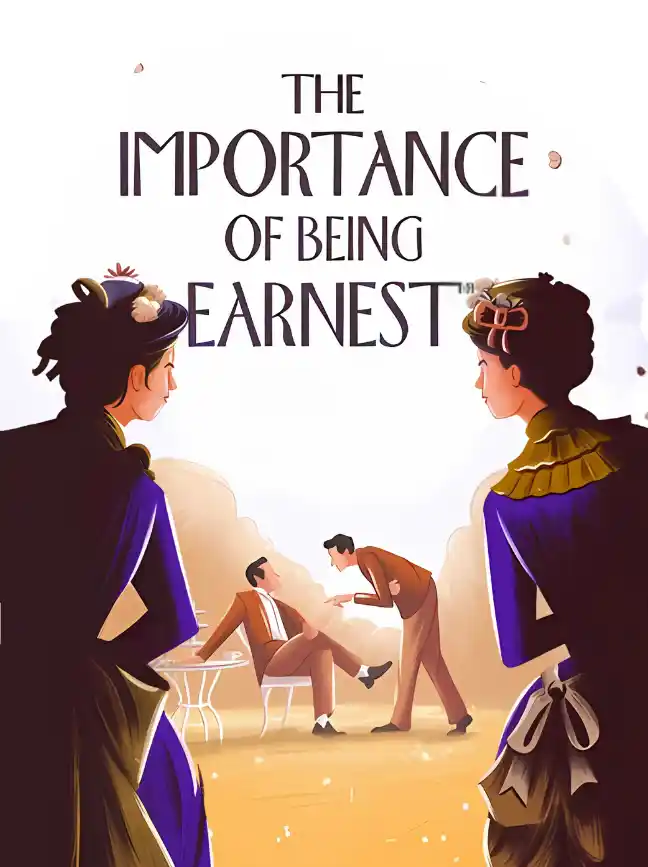Robert Langdon awoke slowly.
A telephone was ringing in the darkness—a tinny, unfamiliar ring. He fumbled for the bedside lamp and turned it on. Squinting at his surroundings he saw a plush Renaissance bedroom with Louis XVI furniture, hand-frescoed walls, and a colossal mahogany four-poster bed.
Where the hell am I?
The jacquard bathrobe hanging on his bedpost bore the monogram: HOTEL RITZ PARIS.
Slowly, the fog began to lift.
Langdon picked up the receiver. “Hello?”
“Monsieur Langdon?” a man’s voice said. “I hope I have not awoken you?”
Dazed, Langdon looked at the bedside clock. It was 12:32 A.M. He had been asleep only an hour, but he felt like the dead.
“This is the concierge, monsieur. I apologize for this intrusion, but
you have a visitor. He insists it is urgent.”
Langdon still felt fuzzy. A visitor? His eyes focused now on a crumpled flyer on his bedside table.
THE AMERICAN UNIVERSITY OF PARIS
proudly presents
AN EVENING WITH ROBERT LANGDON
PROFESSOR OF RELIGIOUS SYMBOLOGY, HARVARD UNIVERSITY
Langdon groaned. Tonight’s lecture—a slide show about pagan symbolism hidden in the stones of Chartres Cathedral—had probably rumed some conservative feathers in the audience. Most likely, some religious scholar had trailed him home to pick a fight.
“I’m sorry,” Langdon said, “but I’m very tired and—”
“Mais, monsieur,” the concierge pressed, lowering his voice to an urgent whisper. “Your guest is an important man.”
Langdon had little doubt. His books on religious paintings and cult symbology had made him a reluctant celebrity in the art world, and last year Langdon’s visibility had increased a hundredfold after his involvement in a widely publicized incident at the Vatican. Since then, the stream of self-important historians and art buffs arriving at his door had seemed never-ending.
“If you would be so kind,” Langdon said, doing his best to remain polite, “could you take the man’s name and number, and tell him I’ll try to call him before I leave Paris on Tuesday? Thank you.” He hung up before the concierge could protest.
Sitting up now, Langdon frowned at his bedside Guest Relations Handbook, whose cover boasted: SLEEP LIKE A BABY IN THE CITY OF LIGHTS. SLUMBER AT THE PARIS RITZ. He turned and gazed tiredly into the full-length mirror across the room. The man staring back at him was a stranger—tousled and weary.
You need a vacation, Robert.
The past year had taken a heavy toll on him, but he didn’t appreciate seeing proof in the mirror. His usually sharp blue eyes looked hazy and drawn tonight. A dark stubble was shrouding his strong jaw and dimpled chin. Around his temples, the gray highlights were advancing, making their way deeper into his thicket of coarse black hair. Although his female colleagues insisted the gray only accentuated his bookish appeal, Langdon knew better.
If Boston Magazine could see me now.
Last month, much to Langdon’s embarrassment, Boston Magazine had listed him as one of that city’s top ten most intriguing people—a dubious honor that made him the brunt of endless ribbing by his Harvard colleagues. Tonight, three thousand miles from home, the accolade had resurfaced to haunt him at the lecture he had given.
“Ladies and gentlemen …” the hostess had announced to a full house at the American University of Paris’s Pavillon Dauphine, “Our guest tonight needs no introduction. He is the author of numerous books: The Symbology of Secret Sects, The Art of the Illuminati, The Lost Language of Ideograms, and when I say he wrote the book on
Religious Iconology, I mean that quite literally. Many of you use his textbooks in class.”
The students in the crowd nodded enthusiastically.
“I had planned to introduce him tonight by sharing his impressive curriculum vitae. However …” She glanced playfully at Langdon, who was seated onstage. “An audience member has just handed me a far more, shall we say … intriguing introduction.”
She held up a copy of Boston Magazine.
Langdon cringed. Where the hell did she get that?
The hostess began reading choice excerpts from the inane article, and Langdon felt himself sinking lower and lower in his chair. Thirty seconds later, the crowd was grinning, and the woman showed no signs of letting up. “And Mr. Langdon’s refusal to speak publicly about his unusual role in last year’s Vatican conclave certainly wins him points on our intrigue-o-meter.” The hostess goaded the crowd. “Would you like to hear more?”
The crowd applauded.
Somebody stop her, Langdon pleaded as she dove into the article again.
“Although Professor Langdon might not be considered hunk-handsome like some of our younger awardees, this forty-something academic has more than his share of scholarly allure. His captivating presence is punctuated by an unusually low, baritone speaking voice, which his female students describe as ‘chocolate for the ears.’ ”
The hall erupted in laughter.
Langdon forced an awkward smile. He knew what came next— some ridiculous line about “Harrison Ford in Harris tweed”—and because this evening he had figured it was finally safe again to wear his Harris tweed and Burberry turtleneck, he decided to take action.
“Thank you, Monique,” Langdon said, standing prematurely and edging her away from the podium. “Boston Magazine clearly has a gift for fiction.” He turned to the audience with an embarrassed sigh. “And if I find which one of you provided that article, I’ll have the consulate deport you.”
The crowd laughed.
“Well, folks, as you all know, I’m here tonight to talk about the power of symbols …”
The ringing of Langdon’s hotel phone once again broke the silence.
Groaning in disbelief, he picked up. “Yes?”
As expected, it was the concierge. “Mr. Langdon, again my apologies. I am calling to inform you that your guest is now en route to your room. I thought I should alert you.”
Langdon was wide awake now. “You sent someone to my room?” “I apologize, monsieur, but a man like this … I cannot presume
the authority to stop him.” “Who exactly is he?”
But the concierge was gone.
Almost immediately, a heavy fist pounded on Langdon’s door.
Uncertain, Langdon slid off the bed, feeling his toes sink deep into the savonniere carpet. He donned the hotel bathrobe and moved toward the door. “Who is it?”
“Mr. Langdon? I need to speak with you.” The man’s English was accented—a sharp, authoritative bark. “My name is Lieutenant térome Collet. Direction Centrale Police tudiciaire.”
Langdon paused. The Judicial Police? The DCPt was the rough equivalent of the U.S. FBI.
Leaving the security chain in place, Langdon opened the door a few inches. The face staring back at him was thin and washed out. The man was exceptionally lean, dressed in an o cial-looking blue uniform.
“May I come in?” the agent asked.
Langdon hesitated, feeling uncertain as the stranger’s sallow eyes studied him. “What is this all about?”
“My capitaine requires your expertise in a private matter.” “Now?” Langdon managed. “It’s after midnight.”
“Am I correct that you were scheduled to meet with the curator of the Louvre this evening?”
Langdon felt a sudden surge of uneasiness. He and the revered curator tacques Saunière had been slated to meet for drinks after
Langdon’s lecture tonight, but Saunière had never shown up. “Yes. How did you know that?”
“We found your name in his daily planner.” “I trust nothing is wrong?”
The agent gave a dire sigh and slid a Polaroid snapshot through the narrow opening in the door.
When Langdon saw the photo, his entire body went rigid.
“This photo was taken less than an hour ago. Inside the Louvre.”
As Langdon stared at the bizarre image, his initial revulsion and shock gave way to a sudden upwelling of anger. “Who would do this!”
“We had hoped that you might help us answer that very question, considering your knowledge in symbology and your plans to meet with him.”
Langdon stared at the picture, his horror now laced with fear. The image was gruesome and profoundly strange, bringing with it an unsettling sense of déjà vu. A little over a year ago, Langdon had received a photograph of a corpse and a similar request for help. Twenty-four hours later, he had almost lost his life inside Vatican City. This photo was entirely different, and yet something about the scenario felt disquietingly familiar.
The agent checked his watch. “My capitaine is waiting, sir.”
Langdon barely heard him. His eyes were still riveted on the picture. “This symbol here, and the way his body is so oddly …”
“Positioned?” the agent offered.
Langdon nodded, feeling a chill as he looked up. “I can’t imagine who would do this to someone.”
The agent looked grim. “You don’t understand, Mr. Langdon. What you see in this photograph …” He paused. “Monsieur Saunière did that to himself.”






